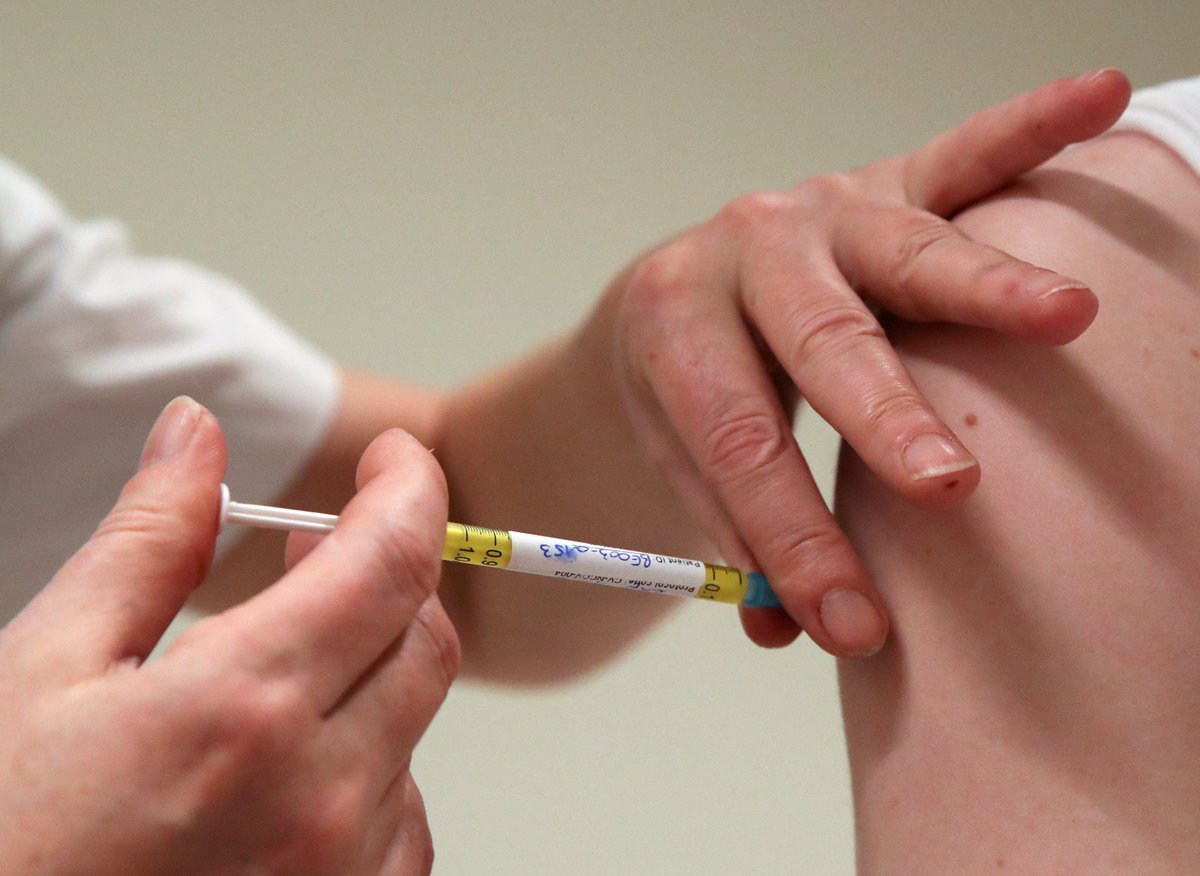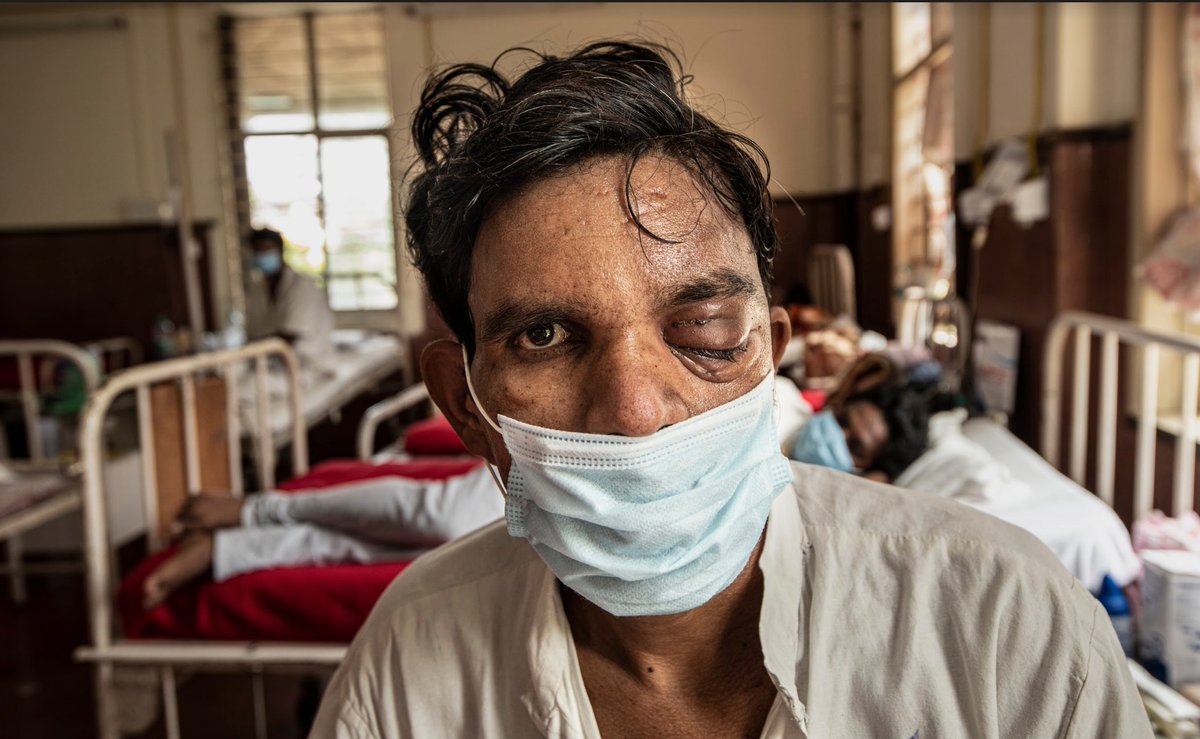
China has given out more than a billion coronavirus shots
⬇️ @louise_watt explains how the Communist nation conquered Covid ⬇️
telegraph.co.uk/global-health/…
⬇️ @louise_watt explains how the Communist nation conquered Covid ⬇️
telegraph.co.uk/global-health/…
China has now jabbed the equivalent of around a sixth of the world's population.
In other words, of the 2.7 billion doses that have been administered around the world, more than a third have been given in the communist nation
In other words, of the 2.7 billion doses that have been administered around the world, more than a third have been given in the communist nation

This is a sharp increase from a couple of months ago.
In April, China gave out around five million doses a day. Two months later, this has risen to around 20 million – the equivalent of jabbing almost a third of the UK’s population every single day
In April, China gave out around five million doses a day. Two months later, this has risen to around 20 million – the equivalent of jabbing almost a third of the UK’s population every single day

Most people have received Sinopharm and Sinovac shots, although there are seven homegrown vaccines that have been authorised for use.
But getting the jabs into arms hasn’t been so straightforward
But getting the jabs into arms hasn’t been so straightforward

Many Chinese didn’t see the need to get vaccinated as the country had largely brought the virus under control through strict border controls and quick lockdowns to deal with sporadic outbreaks 

There were also concerns about potential side effects and the safety of homegrown vaccines after previous scandals involving faulty Chinese vaccines.
Despite this, China plowed past the symbolic one billion mark on Saturday
Despite this, China plowed past the symbolic one billion mark on Saturday

The world’s most populous country engineered this mammoth task by using its top-down one-party system to organise resources and staff right down to neighbourhood committees, who call and remind residents to get vaccinated 

Some local authorities have used shopping vouchers and other incentives to entice people to get jabbed, at the same time ramping up pressure on companies and indulging in a little public shaming for places with low vaccination rates 

The Chinese have also been more willing to sign up for vaccines in recent weeks because of several Covid outbreaks across the country, in particular in the southern city of Guangzhou involving the Delta variant, first identified in India 

China is aiming to fully vaccinate at least 70% of its 1.4 billion population by the end of the year.
But questions remain over how effective the Chinese vaccines are, particularly against new variants
@louise_watt reports
telegraph.co.uk/global-health/…
But questions remain over how effective the Chinese vaccines are, particularly against new variants
@louise_watt reports
telegraph.co.uk/global-health/…
• • •
Missing some Tweet in this thread? You can try to
force a refresh












